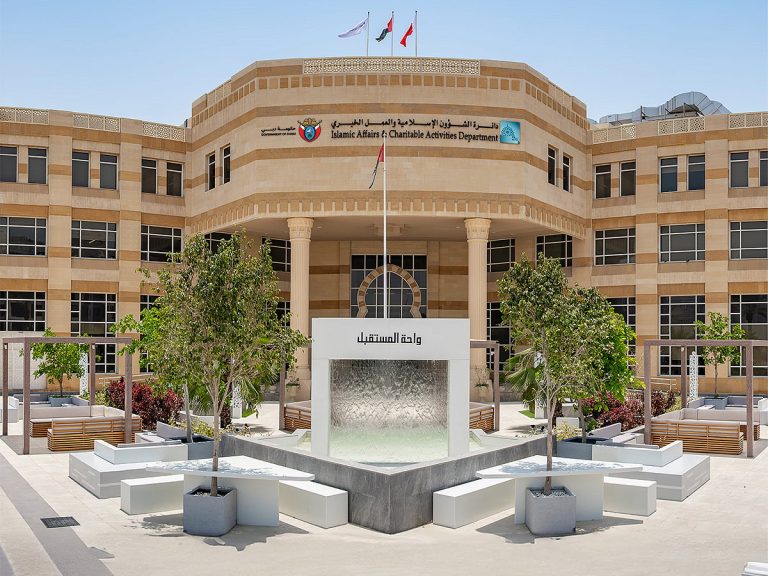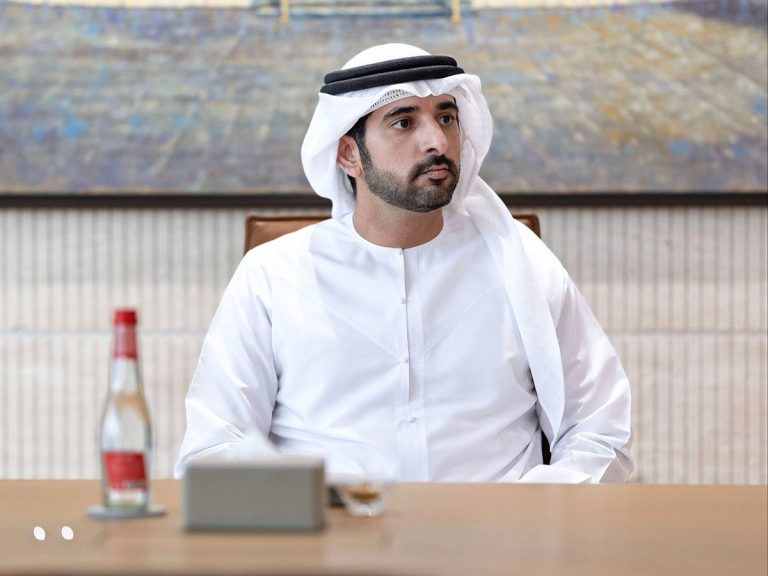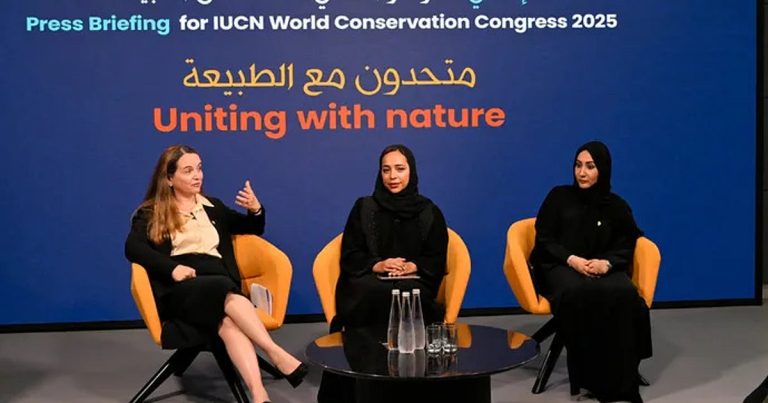Abu Dhabi Launches New Biodiversity Conservation Policy
Abu Dhabi has taken a significant step towards environmental conservation with the introduction of a new biodiversity policy. This initiative, spearheaded by Sheikh Hamdan bin Zayed Al Nahyan, aims to protect the emirate’s diverse ecosystems, including its coral reefs and mangroves. The announcement coincides with the ongoing IUCN World Conservation Congress, emphasizing Abu Dhabi’s commitment to global environmental stewardship.
Key Features of the Biodiversity Policy
The newly established Decree No. (6) of 2025 outlines a structured approach to biodiversity conservation in Abu Dhabi. The Environment Agency – Abu Dhabi (EAD) will lead the implementation of this policy, working closely with various stakeholders to ensure its objectives are met within a defined timeframe. The agency will also monitor the policy’s impact through systematic analysis.
Objectives of the Policy
The policy is designed to address critical threats to biodiversity by focusing on the protection and restoration of natural ecosystems. Key objectives include:
– **Strengthening Legislative Frameworks**: Enhancing laws and regulations to better protect biodiversity. – **Promoting Nature-Based Solutions**: Encouraging practices that utilize natural processes for environmental benefits. – **Raising Community Awareness**: Educating the public on the importance of biodiversity for health and sustainability.
Developed in collaboration with government bodies, private sectors, and local communities, the policy aligns with national strategies and addresses existing challenges such as habitat loss, climate change, and unsustainable resource use.
Addressing Biodiversity Challenges
The policy acknowledges several pressing issues affecting biodiversity in the region, including:
– **Habitat Loss and Degradation**: Protecting areas that are crucial for wildlife. – **Climate Change Impacts**: Mitigating the effects of climate change on local ecosystems. – **Unsustainable Resource Use**: Promoting responsible consumption and resource management. – **Socioeconomic Factors**: Considering the human dimensions of biodiversity conservation.
To combat these challenges, the policy outlines specific measures aimed at safeguarding marine, coastal, and terrestrial ecosystems.
Leadership in Environmental Protection
Dr. Shaikha Salem Al Dhaheri, Secretary General of EAD, emphasized the policy’s significance in achieving the National Biodiversity Strategy 2031. She stated that it reinforces Abu Dhabi’s leadership in ecosystem protection and aligns with both UAE directives and international commitments. The policy also supports the Environmental Centennial 2071 goals, which aim to enhance the quality of life for residents.
Promoting Collaboration and Innovation
The policy encourages collaboration among various stakeholders to rehabilitate habitats, conserve endangered species, and enhance scientific understanding of local biodiversity. It also introduces innovative measures to:
– **Enhance Ecosystem Resilience**: Strengthening the ability of ecosystems to withstand changes. – **Activate Cross-Sector Partnerships**: Fostering cooperation between different sectors for biodiversity initiatives. – **Utilize Modern Technologies**: Implementing advanced technologies for ecosystem protection and rehabilitation.
Through these efforts, Abu Dhabi aims to secure a sustainable environmental future while reinforcing its position as a global leader in biodiversity conservation.
FAQs
What is the main goal of Abu Dhabi’s biodiversity policy?
The primary goal is to protect and restore the emirate’s unique ecosystems while addressing key threats to biodiversity.
How will the policy be implemented?
The Environment Agency – Abu Dhabi will coordinate the implementation with relevant entities, ensuring a structured approach and monitoring progress.
Why is biodiversity important for Abu Dhabi?
Biodiversity is essential for food and water security, climate change mitigation, and overall quality of life, making its preservation crucial for sustainable development.
Conclusion
Abu Dhabi’s new biodiversity policy marks a pivotal moment in the emirate’s commitment to environmental conservation. By addressing critical challenges and promoting collaboration, the policy aims to protect the region’s rich ecosystems and secure a sustainable future for its inhabitants. The next steps involve effective implementation and ongoing community engagement to ensure the policy’s success.
The introduction of this biodiversity policy is part of a broader global trend where nations are increasingly recognizing the importance of preserving natural habitats in the face of rapid urbanization and climate change. Many countries are adopting similar frameworks to enhance their environmental resilience and promote sustainable development. Abu Dhabi’s initiative reflects a growing understanding that biodiversity is not only vital for ecological health but also for economic stability and cultural heritage.
In addition to local ecosystems, the policy’s implications extend to regional and international biodiversity efforts. By aligning with global conservation goals, Abu Dhabi positions itself as a proactive participant in international dialogues on environmental issues. This approach not only fosters regional cooperation but also enhances the emirate’s reputation as a responsible steward of the environment, potentially attracting investment and tourism focused on sustainability.
Also Read:
Sharjah Introduces New Vehicle Impoundment Regulations






